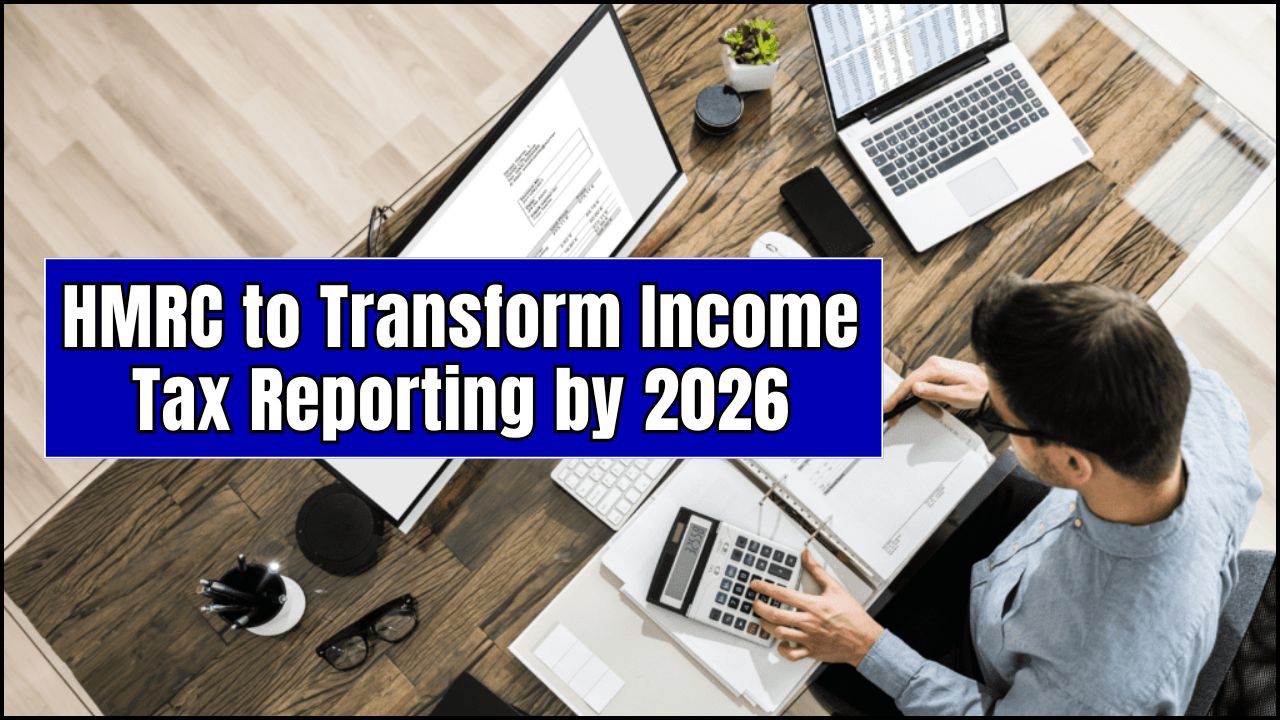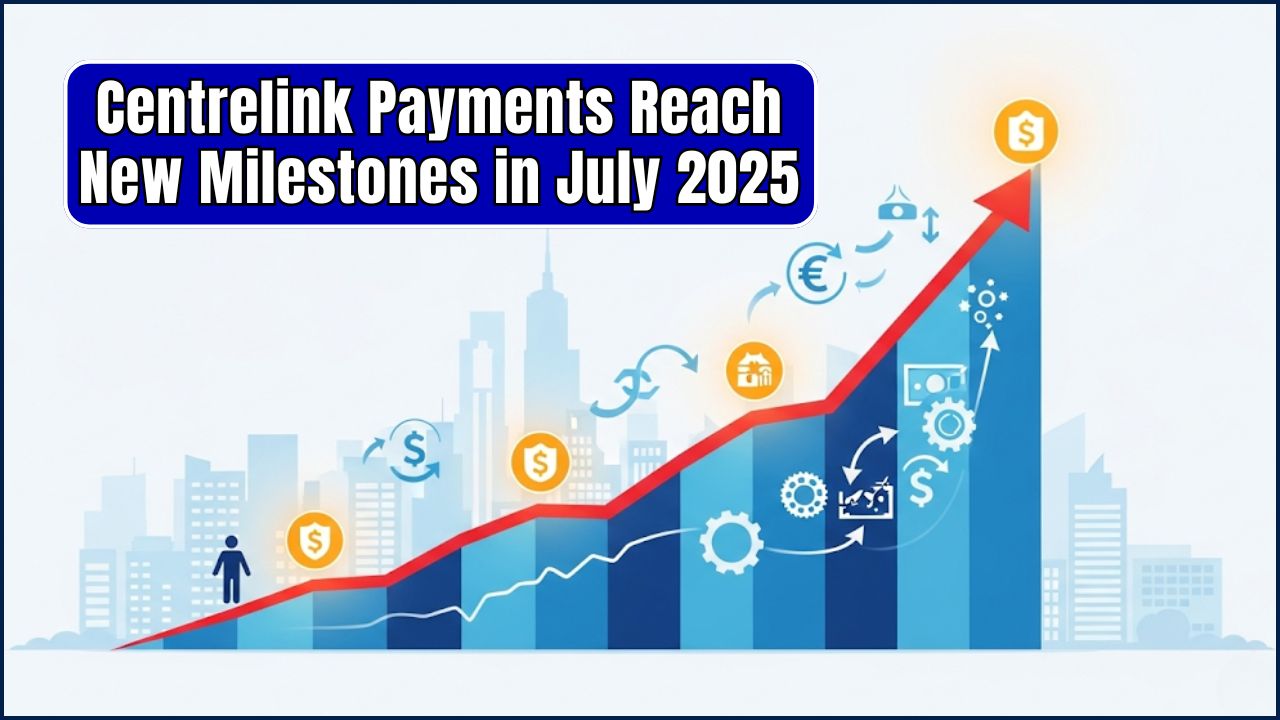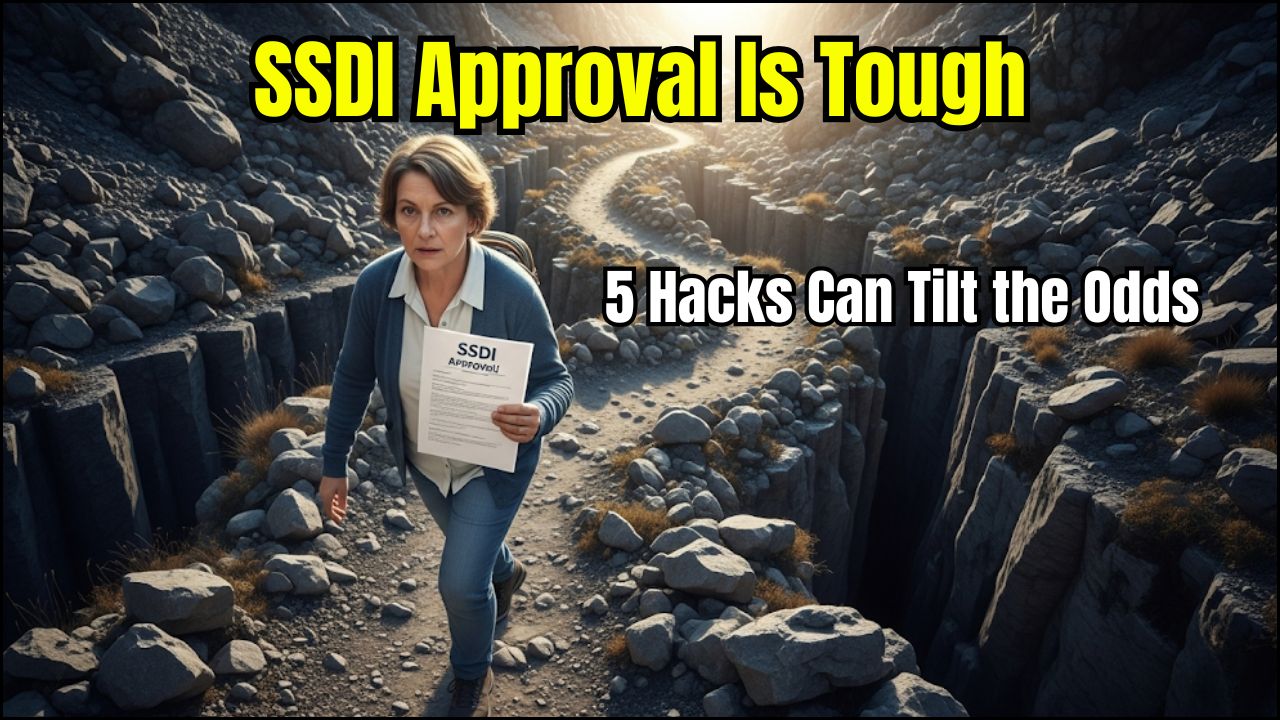Changes to the UK’s Universal Credit system are sending waves of concern across the disability community, particularly among young people who depend on this financial support. The proposed reforms threaten to create significant financial hardship for disabled youth, sparking heated debates among experts, policymakers, and advocacy groups. This article breaks down the key changes, their potential fallout, and what young disabled individuals can expect moving forward.
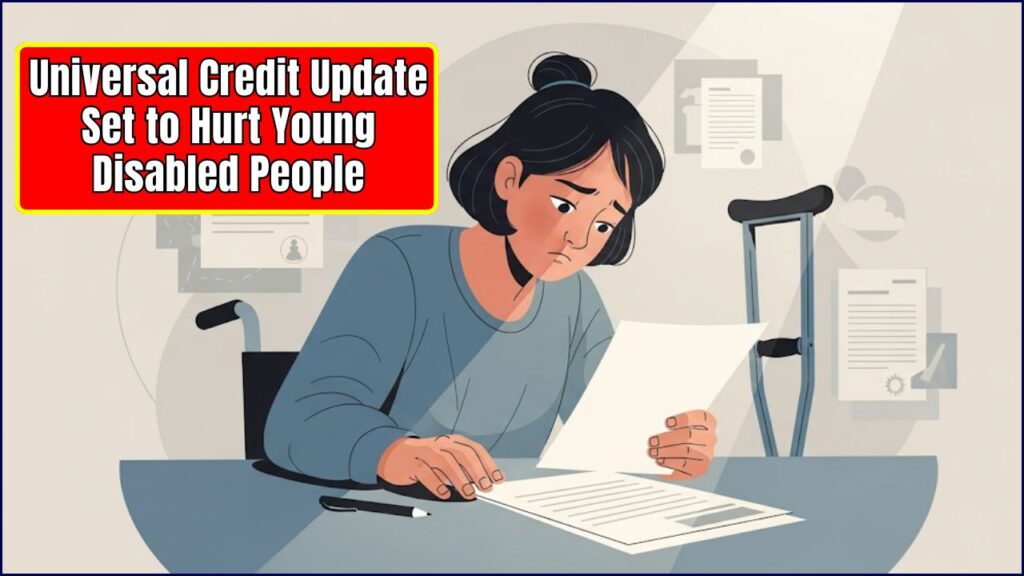
Universal Credit Update Set to Hurt Young Disabled People
| Key Information | Description | Source |
|---|---|---|
| Target Group | Young disabled adults aged 16-21 | Disability Rights UK |
| Proposed Changes | Delay in access to health-related financial elements of Universal Credit (UC) until age 22 | Contact.org.uk |
| Financial Impact | A reduction of up to £97 per week for affected individuals | Disability Rights UK |
| Potential Consequences | Increased poverty, pressure on public services | Disability Rights UK |
| Call to Action | Advocacy groups urge contacting MPs to oppose these changes | Disability Rights UK |
The proposed changes to Universal Credit represent a significant shift in how disabled young adults in the UK will be supported by the government. The decision to delay access to the health element of UC until age 22 could cause unnecessary financial hardship for thousands of young people who already face numerous challenges. As experts and advocacy groups call for the government to reconsider these reforms, it’s essential that affected individuals and their supporters take action to ensure their voices are heard.
Introduction to the Universal Credit Update
Universal Credit (UC) is a financial lifeline for millions of people in the UK, including individuals with disabilities. Designed to provide support for those unable to work or working limited hours, it helps cover living costs such as housing and utilities. However, a new update to UC is causing concern, particularly for young disabled people.
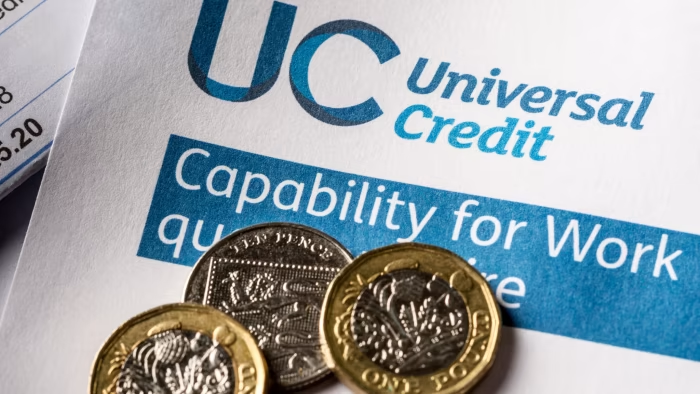
The UK government has proposed delaying access to certain financial support elements for young disabled individuals, which could have severe consequences. This article will explore what the changes are, how they could impact young disabled people, and what action can be taken.
Understanding Universal Credit: A Quick Breakdown
Before diving into the updates, let’s first clarify what Universal Credit is. Universal Credit is a government benefit designed to support individuals who are unemployed or have a low income. It replaced six older benefits, including Jobseeker’s Allowance, Housing Benefit, and Employment Support Allowance, to simplify the benefits system.
For young disabled people, Universal Credit provides crucial financial assistance if they’re unable to work due to illness or disability. There are different components of UC, and some individuals can qualify for additional payments, like the Limited Capability for Work and Work-Related Activity (LCWRA) element.
What is the LCWRA Element?
The LCWRA component of Universal Credit is an additional payment that supports individuals with disabilities who cannot work due to their conditions. This payment helps to cover the additional costs associated with living with a disability, such as medical treatments, mobility aids, and specialized housing needs.

What’s Changing in Universal Credit for Disabled Youth?
The UK government’s proposed changes to Universal Credit would delay access to the LCWRA component for young disabled individuals. Currently, those aged 16-21 who are not in full-time education and meet certain health criteria can qualify for the health element of UC, which provides extra financial support to help cover the additional costs of living with a disability.
However, under the new proposal, young disabled people would not receive this financial support until they turn 22. This could create a serious financial strain for individuals who depend on that support to cover essential costs like food, transport, and healthcare needs.
Financial Impact: What Does This Mean for Young Disabled People?
Here’s where the numbers get serious: the delay in accessing the health element means young disabled adults would lose up to £97 per week in support. For a person who relies on UC to cover daily expenses, this can add up quickly—around £400 a month, or approximately £4,800 annually. This sudden drop in income could push many young disabled people into deeper financial hardship, especially if they are already facing challenges with employment or education.
It’s important to remember that many of these young people are not able to work or study full-time due to their disabilities. For example, students in non-advanced education over 19 often rely on this extra financial help to afford the basics like housing, books, and travel. Without the LCWRA component, many will struggle to stay in school or maintain their living arrangements.
The Broader Context: Why Universal Credit Exists
Universal Credit exists to provide a safety net for people who cannot support themselves through work or who earn too little. For young disabled people, this support is crucial, as they often face barriers to employment and education due to their health conditions.
The government’s role in providing these benefits is not just about alleviating immediate financial stress; it’s about ensuring that all members of society, regardless of their background or circumstances, have the opportunity to thrive. When the government cuts or delays these vital services, it risks breaking the social contract between citizens and the state, especially for those who need support the most.
The Impact on Society: Long-Term Consequences
While these changes might seem like a way for the government to save money, they could have long-term social consequences. Reducing the benefits for disabled young people doesn’t just harm the individuals directly affected—it also places a burden on other parts of the system.
Increased Healthcare and Social Service Costs
If disabled young people are pushed into poverty, they will likely require more government support in the form of healthcare services, housing assistance, and crisis management. The savings from delaying UC payments could easily be offset by the increased demand for these services, which would put additional pressure on an already strained welfare system.
Barriers to Employment and Education
Many disabled young people already struggle to gain education or find work due to their disabilities. Delaying financial support will only exacerbate these difficulties. The government’s plan could lead to a vicious cycle, where young disabled individuals find it even harder to get an education or a job, further entrenching them in poverty.
Expert Opinions: Why These Changes Are Harmful
Advocacy groups like Disability Rights UK and Contact have voiced strong opposition to these proposed changes, highlighting several critical reasons why this policy shift would be detrimental.
Increased Poverty and Financial Strain
Disability Rights UK estimates that these changes could push an additional 250,000 people, including 50,000 children, into poverty. By denying young disabled people access to financial support during a crucial period of their lives, the government risks exacerbating an already vulnerable population’s economic instability.
Pressure on Public Services
The government’s push for these “savings” in Universal Credit could lead to unintended consequences, such as increased demand for social services like homelessness assistance, crisis support, and health services. With fewer financial resources, disabled young people may need to rely more heavily on public services, placing additional strain on an already stretched system.
What Can Be Done? How to Take Action
If you or someone you know is impacted by these proposed changes, there are several actions you can take:
Contact Your MP
One of the most direct ways to influence the decision-making process is by reaching out to your Member of Parliament (MP). Advocacy groups like Disability Rights UK are encouraging concerned citizens to write to their MPs to express opposition to the delay in LCWRA support. The more voices speaking up, the more likely the government will reconsider the changes.
Raise Awareness
Another powerful tool is awareness. By sharing your story or the stories of others affected by these changes, you can help spread the word and encourage more people to take action. Social media, local community meetings, and advocacy campaigns are all excellent ways to amplify your voice.
Support Advocacy Groups
If you’re unsure about how to get involved, consider supporting organizations that are already leading the charge against these cuts. Groups like Disability Rights UK and Contact are actively campaigning for the rights of disabled young adults and can provide guidance on how to make your voice heard.
FAQs
Why is the government delaying access to the LCWRA element?
The government claims that the delay in access to the health element is part of broader welfare reforms meant to simplify and streamline the Universal Credit system. However, critics argue that this policy disproportionately harms disabled young people who need this support the most.
How can young disabled people access Universal Credit if they are in full-time education?
Disabled young people who are in full-time education after the age of 19 may still qualify for UC under certain conditions, but the level of support they receive can vary based on their specific circumstances. Those not receiving the health element will be at a disadvantage.
What support is available if Universal Credit is reduced?
In addition to UC, young disabled individuals may be eligible for other forms of financial assistance, such as Personal Independence Payment (PIP), housing benefits, or local government support. It’s important to explore all available options to ensure financial stability.


